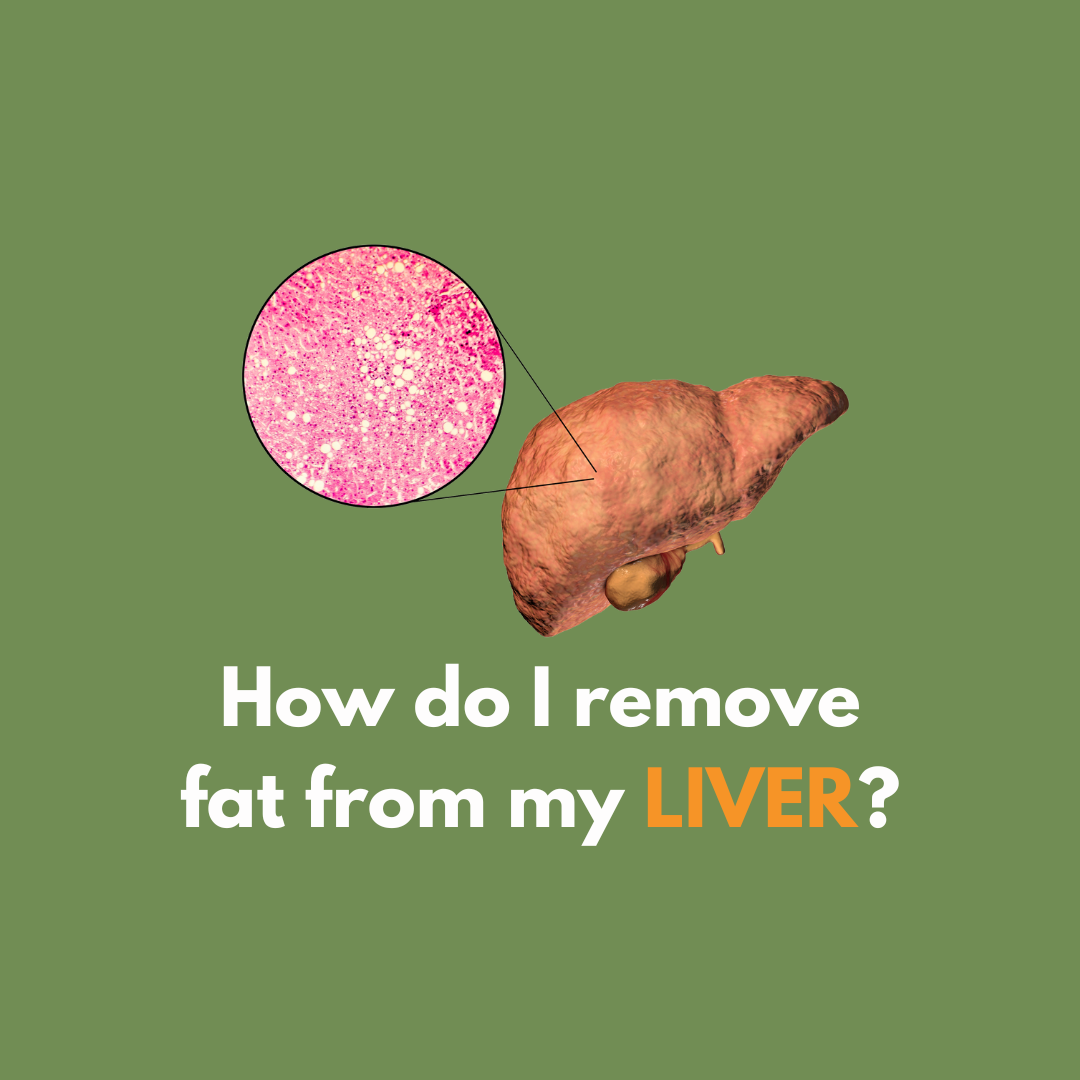Dals are normally utilized in Indian cooking. There is no Indian family that doesn’t stock up various kinds of dals. As dals need to get ready consistently, we have a lot of dals in the menu to keep up the assortment. Other than dals are kinds of pulses that have numerous dietary benefits. The medical advantages of dals are that they are wealthy in proteins.
In India, 28.85% of people are vegetarian and cook different types of Dals as it is the primary source of vegan proteins. Dals are considered essential in Indian cuisine. Aside from the general medical advantages of dals, each kind of dal has its own arrangement of nutritional benefits. So it is considered to have one type of dal every day in the meal.
Eating seven types of pulses, seven days a week will make you stronger and healthier.
There are different varieties of dals, and some are better than others when it comes to counting health benefits. The black gram dal and moong dal contain more Protein than other dals. Masoor dal also has some health benefits but that’s also true that it increases the uric acid level which is a reason to restrict its use in the diet plan.
Moong Dal
Moong dal is a weight watcher type of a dal. This sort of dal has insignificant calories and is rich in potassium and Iron.
Kabooli Dal
This dal has the ability to increase the hemoglobin level in the blood. Kabooli dal is rich in folic acids and Iron.
Gram Dal
Chana dal or Bengal gram dal is the richest in dietary proteins, and that’s why vegans love it. Gram dal helps in controlling diabetes and is wealthy in minerals like Manganese, Copper, and so forth.
Masoor Dal
Masoor dal helps in improving the blood circulation in the body and also its the most useful medicine for people going through bile reflux.
Urad Dal
If you want proteins from your meal, at that point settle on Urad dal. This dal is probably the most extravagant source of proteins and Vitamin B.
Green Moong Dal
This is actually the green shaded moong dal that isn’t as regular as it varieties. This kind of dal has plentiful stores of calcium and almost no calories. This variety of pulses is useful for your bones.
Soya Dal
Soybean dal is another expansion to the extensive rundown of dals. It is rich in Protein and the required Vitamin D for the skeleton system of our body.
Lobiya Dal
Lobiya dal or dark peered toward peas are wealthy in proteins and prosperous in a significant mineral, Zinc. It is a good source of Zinc for humans.
Green Sprouts
Sprouts can be any sort of dal that has been absorbed water and grown. These extraordinary kinds of dals are eaten raw or cooked as a side dish in India. They are wealthy in healthy compounds and the dietary fibers that help in avoiding constipation.
Conclusion
Every dal is essential on its own as it has numerous benefits. Especially in India, dal is essential for any meal to complete. Moong dal is beneficial while suffering from stomach issues. Moong dal mixed with some rice and boiled with some water and salt, together makes a dish called “Khichdi.” This dish is recommended by doctors to provide relief from stomach aches and loose motions. It contains essential nutrients like Vitamin K, Vitamin C, and minerals like Calcium, Potassium, Magnesium, Zinc, Iron, Copper, etc. Moong dal is the lowest in calories and is a rich source of Protein. It also has the ability to protect from Cancer-causing germs. Therefore all the types of dals are good, but Moong Dal is the queen of pulses, being the healthiest for human health.



